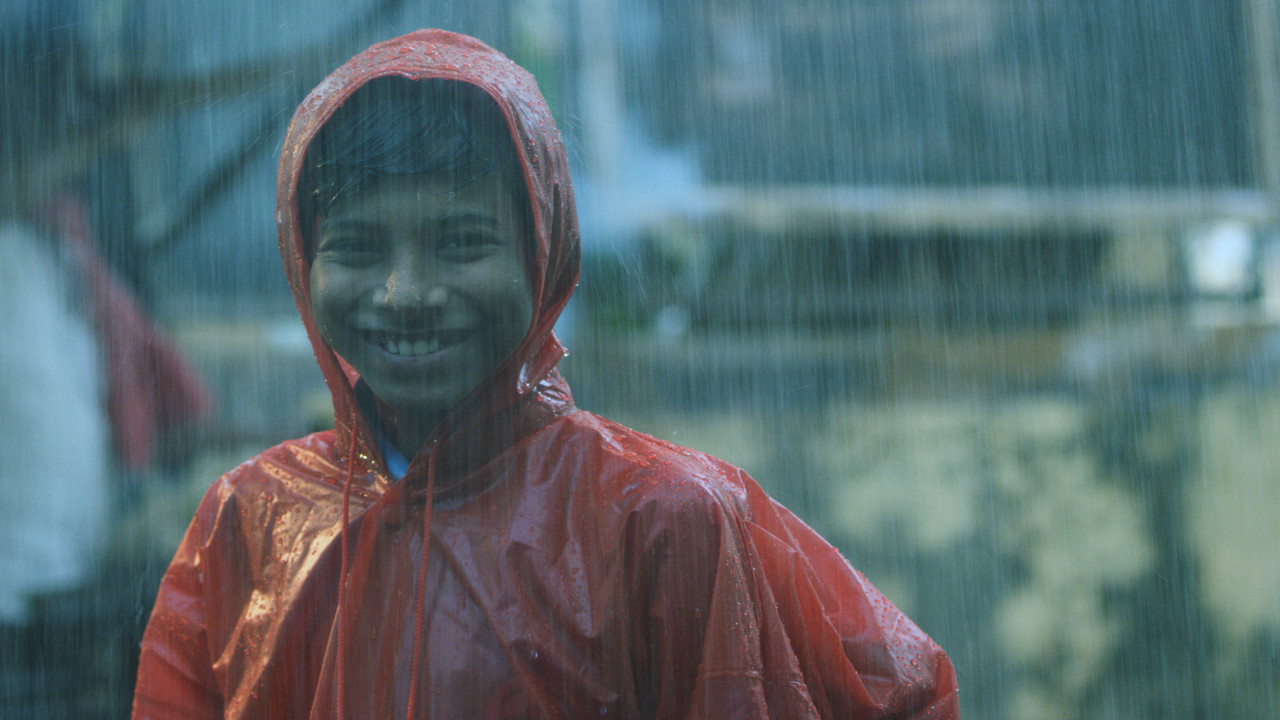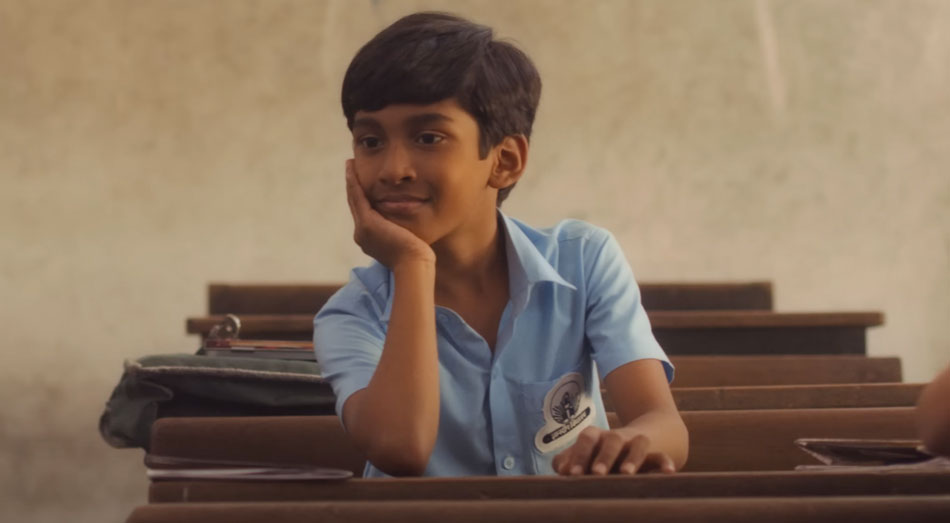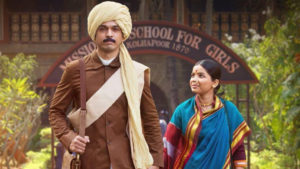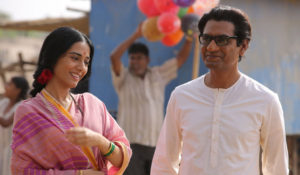
If you view the ways of humankind through the eyes of a child, our dubious planet would look like a better place for all organisms to thrive. It’s a world that has little room for discrimination. No offense is taken at the drop of a hat or a hairpin. Conflicts get resolved with apologies and to-the-point banters. Filmmaker Ashish Avinash Bende’s semi-autobiographical Aatmapamphlet, which premiered at the Berlin International Film Festival earlier this year, is a whacky satire seen entirely through a teenager’s enthusiastic, lovestruck eyes.
The protagonist Ashish (Manas Tondwalkar and Om Bendkhale), raised by affectionate parents, experiences ‘love at first hand’ when a pretty classmate named Srushti holds him during the school’s annual day fete. Aiding him in the gallant mission to get closer to her are his friends. Their comradeship does not come for free though. The price is a flavorful ice stick from a vendor parked outside their school. It is a bunch that does not let the differences in their lineages to separate them. Maratha, Muslim, Brahman, Dalit, Sikh, Christian – the group has members of each clan. Chetan Wagh who plays the Brahmin lad, in particular, is a scene-stealer.
Driven entirely by a talented batch of child actors, Aatmapamphlet is seldom simplistic. Underneath its candy-flavored, nostalgia-tinged coating lies a fiery tale of bias, hatred, and imbalances. In what must be one of the film’s most powerful scenes, the children engage in a brawl in the classroom. All their wounds are red, realize the boys, and they promise to stand by each other bypassing all disparities.
The narrative that chronicles growing up in the ‘80s and ‘90s is earmarked with references to real events. The film makes small and big commentaries on Dr. B.R. Ambedkar, Buddhism, the Babri Masjid demolition, decentralization, the Kashmir conflict, the Latur earthquake, HC Devegowda, Vinod Kambli, and many more. In a telling moment, we see Ashish’s parents being ousted from their paternal home to live in a shanty. One among the children rightfully states how the locality is small in area but its people have big hearts.

Among the simpler dynamics, we observe how the children constantly chatter away in broken English. It was normal for Ashish to lend the neighboring family a helping hand in their footwear business. All he would get in return is perhaps many cups of piping hot ginger tea. Be it the guava seller, the inter-caste couple that elopes, or Ashish’s competitor in love, Yash Chitale, Aatmapamphlet is filled with faces and incidents we have lived around.
At the axis of all actions is Ashish’s pure yet unvoiced love for Srushti. The closest he comes to expressing interest in her is through a compass scribble on the school bench. A more purposeful gesture is when he channelizes all energies to bag prizes – from races and poetry to science and flower arrangement. Ashish grabs trophies galore and Srushti’s applause and admiration.
Bende’s film wouldn’t have been the same sans the refreshing voiceovers from start to end. They underscore the black humor besides lending colors to the protagonist’s escapades and vivid fantasies. Now, this is a device that would have backfired if it were not to be written and delivered in style. A case in point is Vineeth Sreenivasan’s jarring, one-note narration in an otherwise gripping film Mukundan Unni Associates. Paresh Mokashi’s screenplay is so distinctively witty that it delivers chuckles and food for thought at the same time.
DOP Satyajeet Shobha Shriram has a wonderful time capturing the intimate nature of Aatmapamphlet despite not having a giant canvas or a radiant color palette. The storyline is interspersed with many crucial shots of rain – all of which come alive with great beauty through its smartly cut frames (Faisal Mahadik, Imran Mahadik) laced with Saket Kanetkar’s lilting original score.
The camaraderie between the youngsters took me back to Thanneer Mathan Days whereas a child taking a humorous stroll along pages of history had Jojo Rabbit vibes all through. If Nagraj Manjule colors Dalit tales with sorrow and grit, Bende uses sarcasm to accentuate the sorry state of affairs. Aatmapamphlet, with all its message delivery, makes us contemplate how our minds should never have been poisoned with divisive ideas. If the world tries to retrace the simplicity of grabbing a tasty ice stick after an eventful day in school, we would end up creating a kinder society for all – asserts the film and I couldn’t agree more.
Rating: ★★★★

